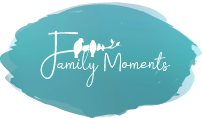No products in the cart.
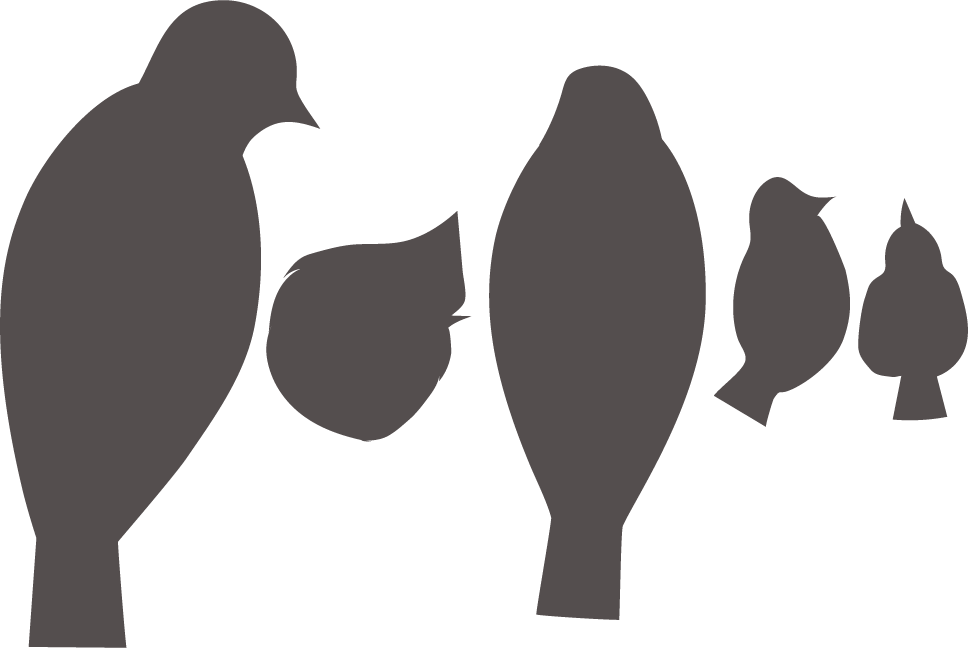
Family Moments Magazine
Issue #01 - Connected Family
Lower conflict and deepen connection with your emotionally intense child
What's included in the first ever magazine for parents of emotionally intense kids (at least that I could find 😅)
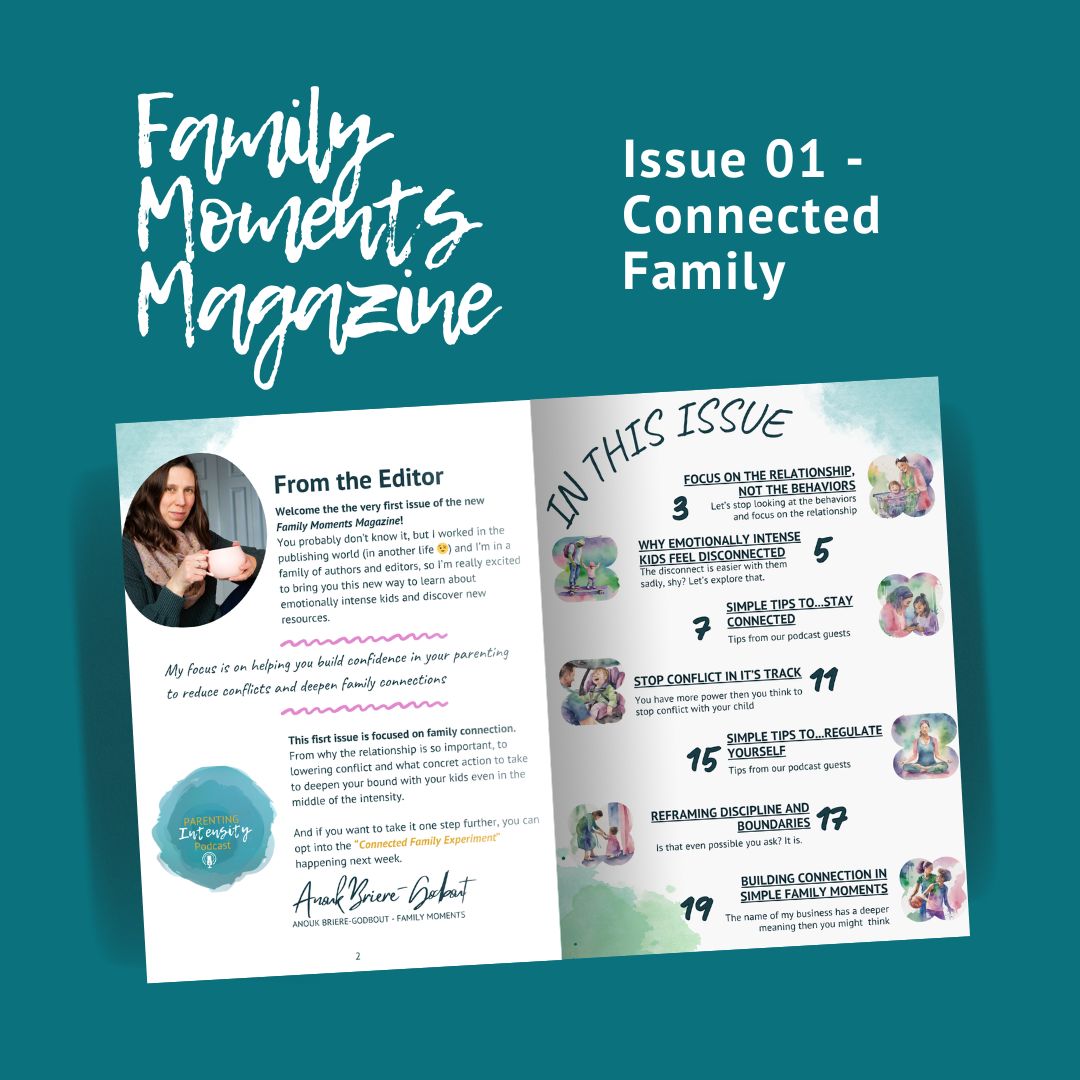
This magazine is

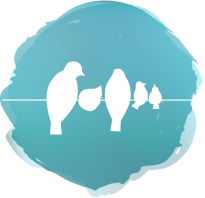
"
In the live class, Anouk was so involved and responsive with all the students on board. She gave so freely of herself. But she also does it in the course material and shares her knowledge and tips without holding back so that everyone wins.
K. L.

"
Anouk was a very understanding guide (...). She created a safe space to share our thoughts, feelings and questions. Her presence was very calming. Everyone was allowed to participate in their own way/pace. No guilt, no pressure. The exact opposite of what a normal parenting day looks like
Y. N.

"
Anouk's class has been a blessing in disguise. What I love most about her teaching is how "real" she is about her work and what she does. Of course, the good stuff is there too, but it's nice to know that everyone (even the best) are human too!
But wait, what's an emotionally intense child?
An emotionally intense child feels deeply and reacts more intensely then most kids the same age to many kind of situation.
They can also be unpredictable in the way that they sometimes collaborate perfectly in a setting and absolutely not the next time in the same setting.
The most important thing to remember is that they don't do it on purpose, they are not able to do otherwise on their own and need support.
They all have their particularities but I see them as 3 different types:
- Lion
- Hedgehog
- Sloth

The Lion
The lion child is always on the move, loud most of the time, really curious and inquisitive and don’t really care about social expectations or is just not able to control themselves to behave in that expected way, no matter how often you repeat yourself or how hard they try.
It's a child who's externalized in their reactions everywhere and acts out at home as much as everywhere else.
You might get daily call from school, they probably have some service in school settings and you're most likely judged for not being able to control them.
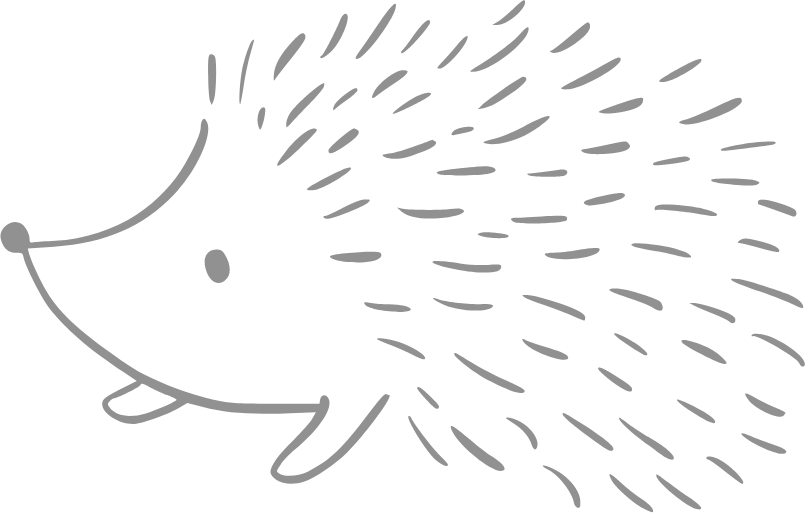
The Hedgehog
The hedgehog child looks very sweet, calm and in control out of the house but will explode once at home and with people they are closer and more comfortable with. They are generally really sensitive and creative. They might be more whinny and cry more then the Lion, but can also be very intense in their reactions.
It's a child that is internalized in their reactions out of the house, but externalized at home so others don't see it and most of the time don't understand what you mean and don't trust you when you're sharing your experience, you're probably judged (and might judge yourself) like you are the problem since it's all happening in your house/with you.
For that reason they probably don't get access to any support in school settings even if they could benefit from some.

The Sloth
The Sloth is a child who's sweet, calm, looks in control, is often alone, helpful to adults, don't talk loudly or run around and is generally really careful. They are really reserved and might be seen as slow, lazy or shy. When they react it's more in subtle whining or crying, you might tel them to speak up often.
It's a child who's Internalized in their reactions everywhere, which means they often go under the radar even for parents, so I'm not even really expecting their parents to read this 😉, so if you are, congrats for being so in tune.
Even if they don't look like it, they are still struggling inside and things might get harder as they grow older and there's more demand and more stress in their life.
Do any of that resonates? This private audio series was designed with parents of Lion and Hedhog kids in mind, as they are the one's that are the most challenging to set boundaires with for obvious reasons.
But even if it's not as hard for you as the parents, applying some of the principals with the Sloth kids will also be beneficial for them.
Who's behind this magazine?
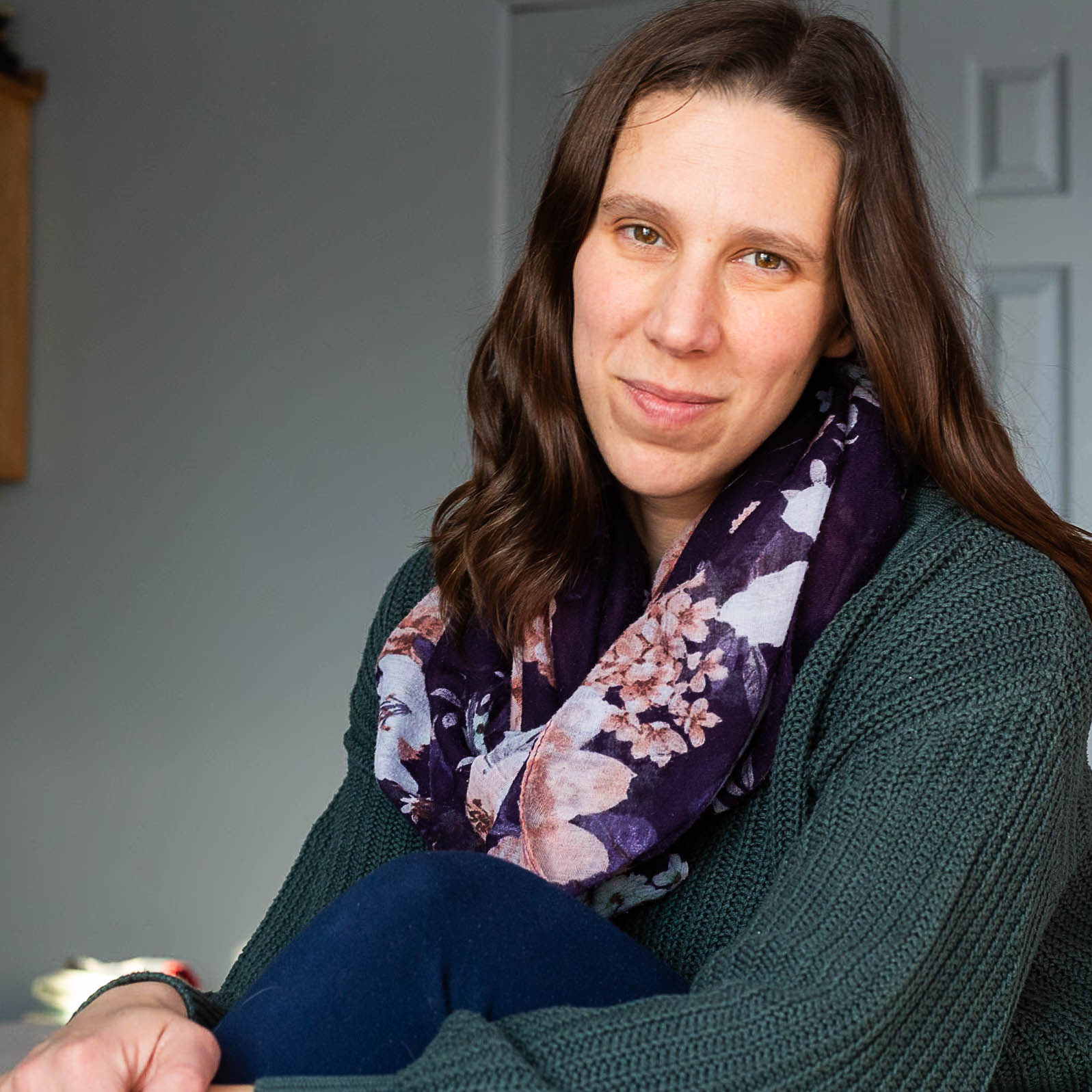
If we haven't met, Hi, I'm Anouk
I'm a mom of 3 wonderful and emotionally intense kids, I have a master's in social work and I’ve been supporting parents for more than 16 years (and that's how long I've been a mom!).
Everything I do center's on supporting you to meet your emotionally intense kid’s specific needs and yours as a parent. I believe real change happens when both are supported together, in a judgment-free space.
My focus is on helping you build confidence in your parenting to reduce conflicts and deepen family connections.
I also worked for a few years in the publishing industry and I'm coming from an author and editors family, so I'm really happy to be combining it all and bringing you this magazine!
